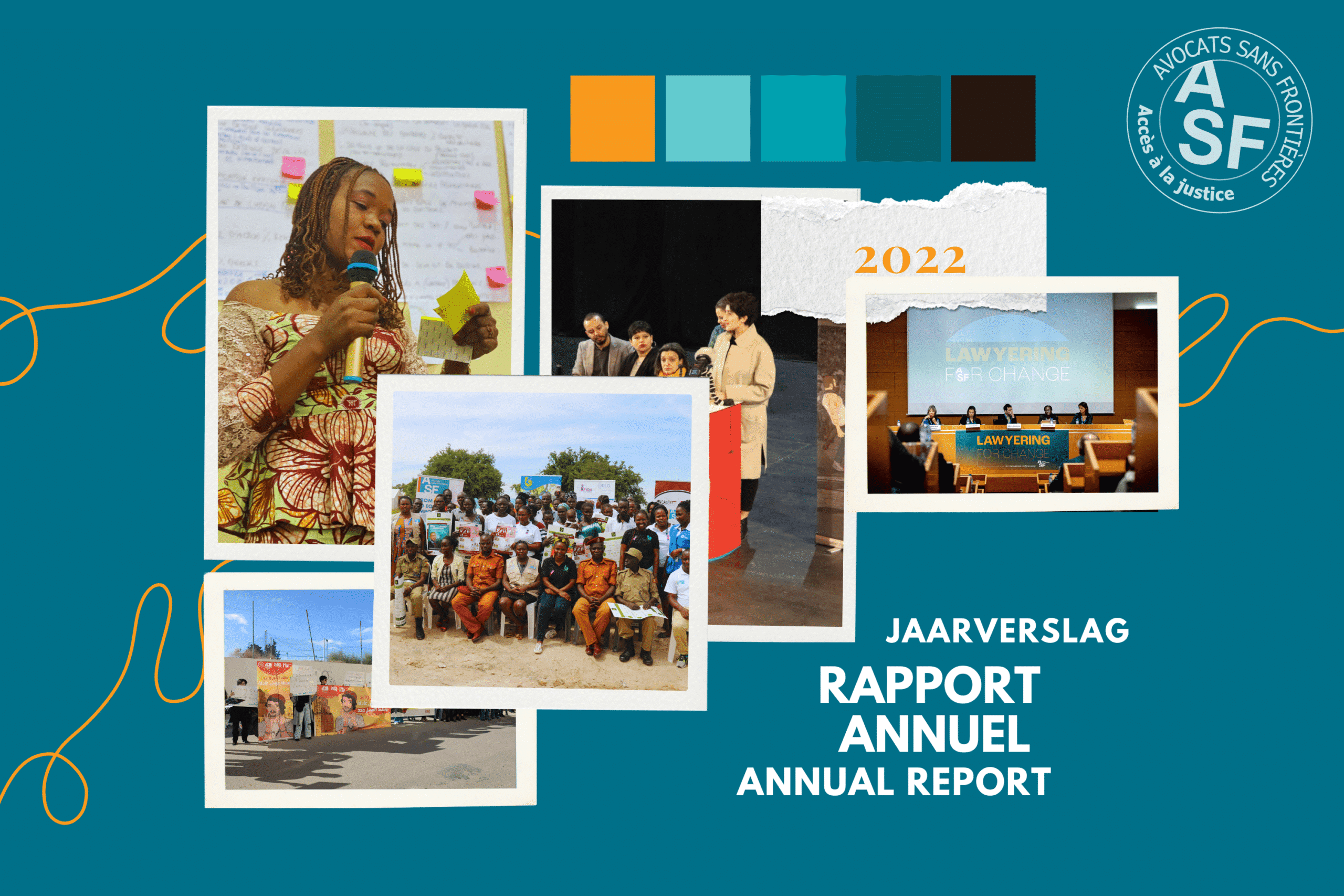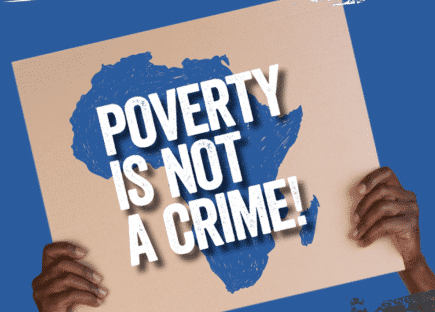Category: Access to justice and development
-
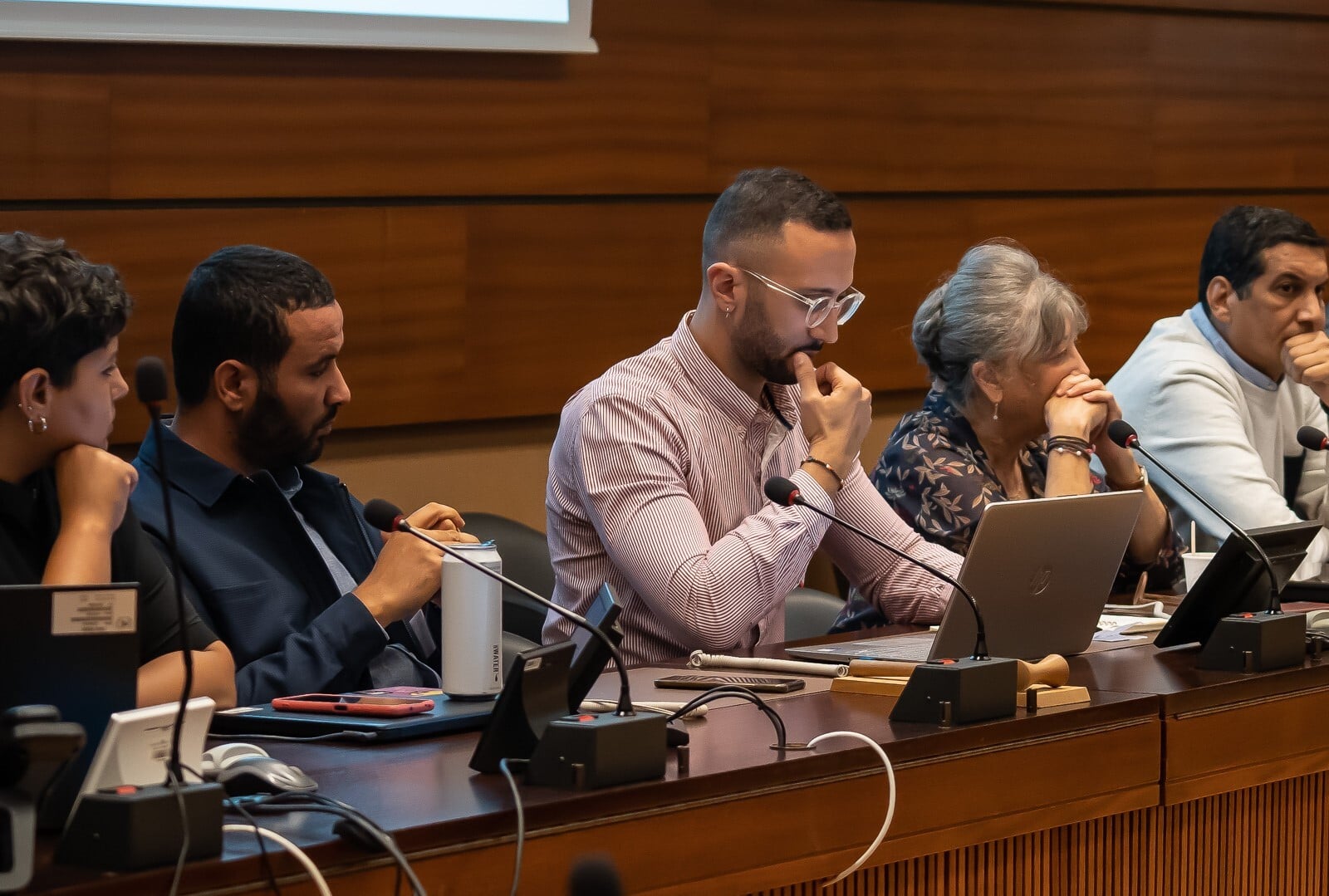
ASF’s Euro-mediterranean regional hub
In 2018, ASF launched a regional hub in the Euro-Mediterranean region, based in Tunis, with the aim of pooling resources and strengthening and harmonising its action in the region. The innovative aspect of the regional office is to fully assume the historical, economic, political and cultural links that exist between the two shores of the…
-
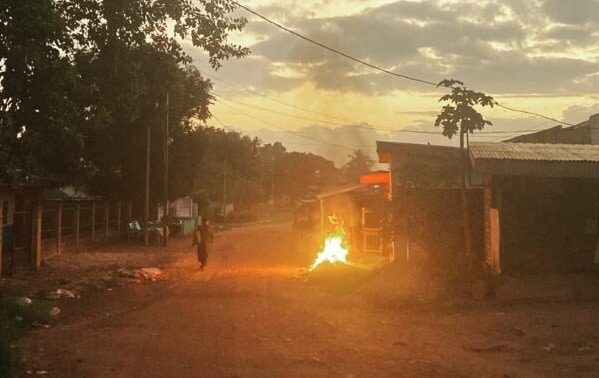
Witchcraft representations and judicial treatment of the offence of Charlatanism and Witchcraft Practices in the Central African Republic
In the Central African Republic (CAR), witchcraft is omnipresent: it dominates and shapes the daily life of the population, mainly in rural areas. Witchcraft representations, which are an integral part of Central African customs and practices, provide an explanatory framework for all life events: death, illness, accidents, professional or academic failures, etc. The successive crises…
-

Perenco: The social and environmental impact of the French oil company’s activities abroad
Perenco has been in the news for several weeks. An environmental investigation carried out by EIF (Environmental Investigative Forum) with the support of the media Investigate Europe and Disclose has led to the publication of damning information on the French company’s activities in the Democratic Republic of Congo. And the NGOs Sherpa and Friends of…
-
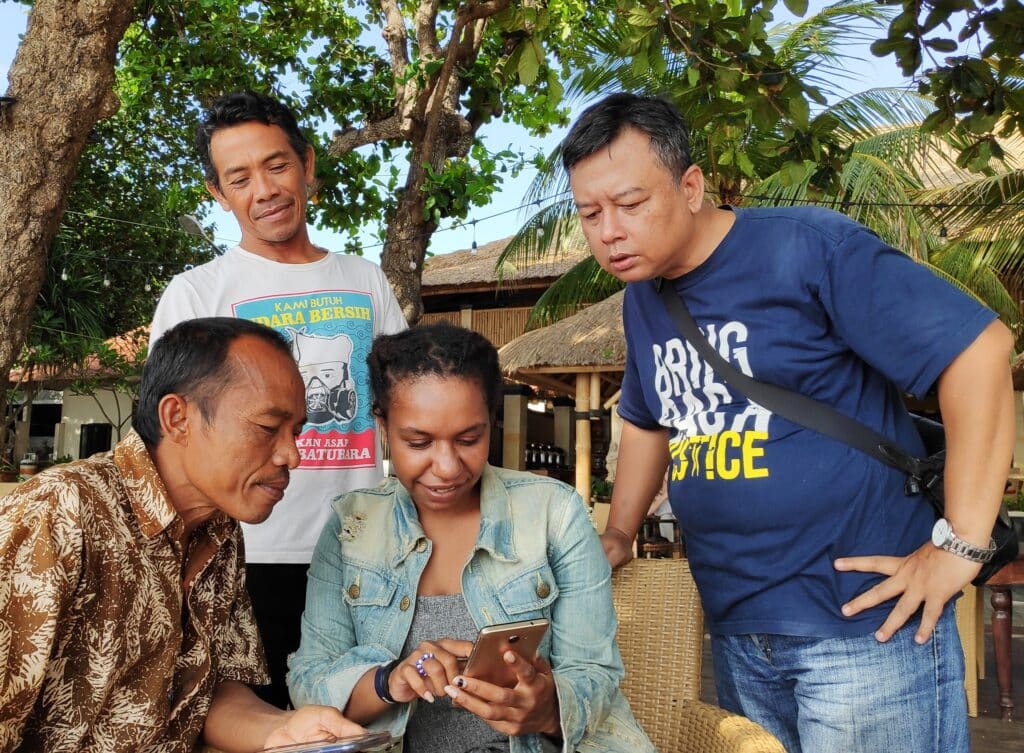
Indonesia: 5 years supporting access to justice
In 2017, ASF launched its activities in Indonesia with two local partners. Together, we worked to increase access to both formal and informal justice mechanisms for marginalized and groups in vulnerable situations through improved community-level, evidence based service delivery. A special focus was put on training and supporting paralegals to help them assist local populations…
-
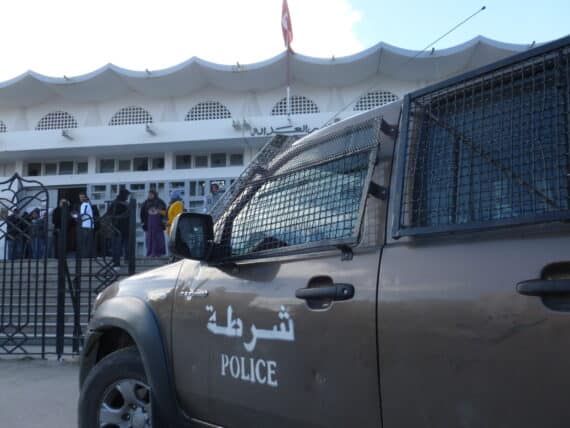
Prisons in Tunisia: inertia of a repressive system
In Tunisia, the actors of the penal chain tend to perpetuate the repressive reflexes of the former Ben Ali regime. Prison overcrowding remains very high: around 131% rate of occupation with 23,607 prisoners at the end of 2020 (accused and convicted together) for around 18,000 places available, resulting in detention conditions below international standards.
-
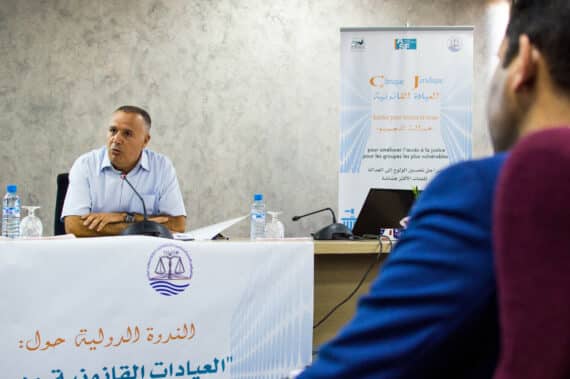
Legal clinics to support access to justice during pandemic
Throughout the world, the pandemic has pushed people further away from access to justice. In Morocco, ASF has been relying for several years on legal clinics, set up in universities, to promote access to justice, particularly for people in vulnerable situations. Under the supervision of teachers and legal professionals, students provide legal services to the…
-
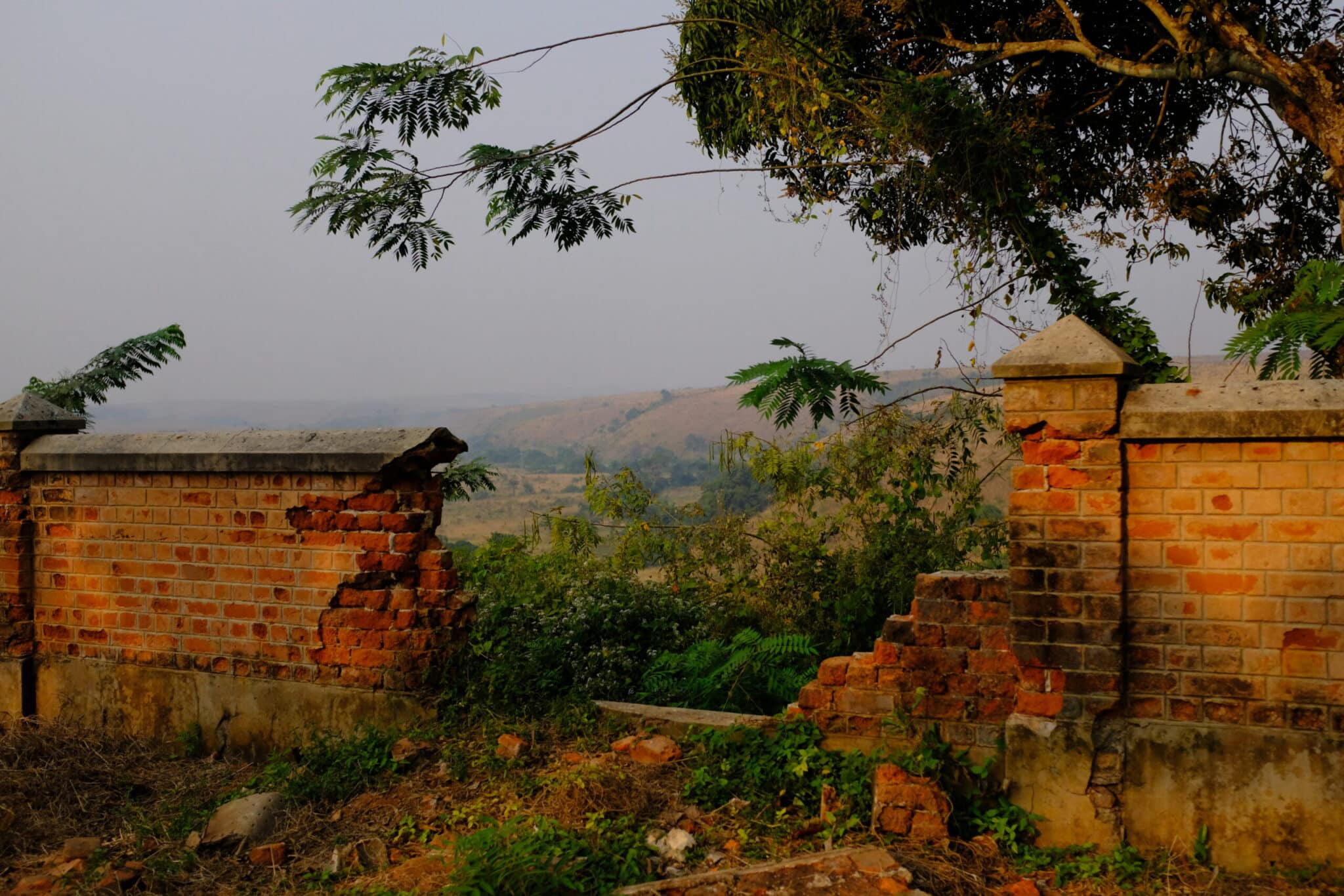
Reparation to victims of international crimes in the Democratic Republic of Congo, a major challenge in the fight against impunity
ASF has been active in the fight against impunity and the field of international justice for over 15 years in the DRC. During that time, the organization has witnessed great progress but regrets that current mechanisms are still not up to the challenges at stake.
-
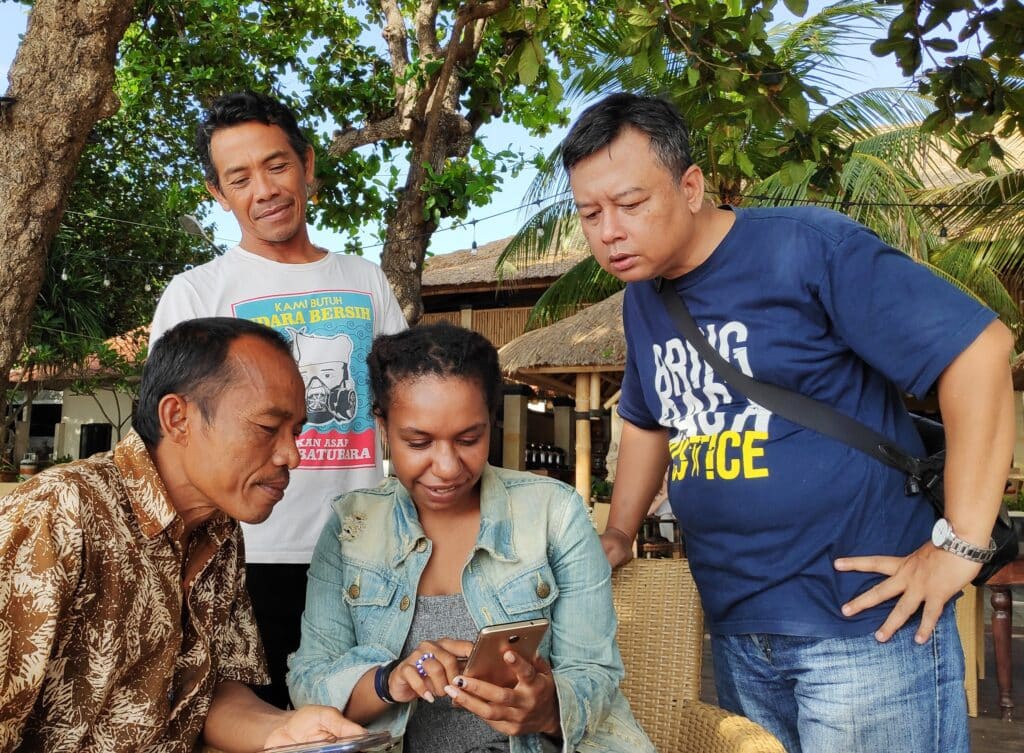
Indonesia – Providing integrated services and a safe environment for women victims of domestic violence during the pandemic
Throughout the world, the increase of cases of violence against women has been an unfortunate feature of the COVID-19 pandemic. And Indonesia was no exception. Based on the data gathered by our local partners, the number of submitted complaints has suffered a 50% increase in Jakarta between 2019 and 2020. Those figures are another reminder…

